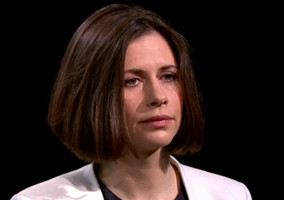Significantly more volunteers and trustees made a whistleblowing disclosure to the Charity Commission in 2019-20, according to data published yesterday evening by the regulator.
Overall whistleblowing disclosures have increased by around a third compared to the previous year. There were 81 in 2016-17, 185 in 2018-19 and 247 in 2019-20.
Charity employees make nearly two-thirds of disclosures (63%), but there has been an increase in the share from volunteers and individual trustees; 37% in 2019-20 compared with 10% in 2018-19.
Regulatory action
The Commission opened 239 cases in response to the disclosures. In eight instances, it found there was no need for further regulatory engagement.
Of these 239 cases, 218 were closed by the end of the reporting period.
The main issues raised in disclosures were governance, safeguarding or financial management concerns. The predominance of these three types of issues is similar to that seen over the last five years.
Other issues raised in 2019-2020 were impacts on trust and confidence, conflicts of interest, and terrorism or extremism.
The types of charities which the regulator received disclosures about varied across 16 different classifications. The most common were education/training at 136, disability at 62, and the prevention or relief of poverty at 47.
‘We want to send a clear message that we will listen’
Tracy Howarth, assistant director of casework at the Charity Commission, said: “We remain committed to providing the best possible service to whistleblowers, and we welcome the increase in whistleblowing reports, which indicates that more people within charities are coming to us with their concerns. We want to send a clear message that we will listen to those who have concerns and, where appropriate, those concerns will be acted upon for the benefit of all of us.
“Whistleblowing disclosures are vital in helping us detect and address wrongdoing, and because of their nature, they provide insights into the sector that we would not otherwise have. We know that the decision to blow the whistle can be very difficult for individuals, and we are grateful to all those who tell us their concerns. This report demonstrates the difference they make to our work.”
Related articles











